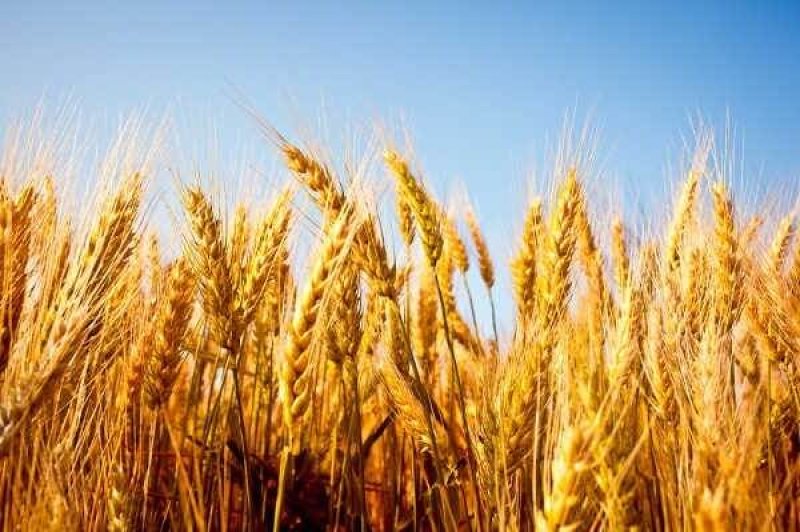Researchers from around the globe gathered in Saskatoon [in August], focused on making wheat more efficient and sustainable using the latest in breeders’ tools.
…
Curtis Pozniak, a researcher and durum breeder at the University of Saskatchewan, was part of the effort by more than 200 scientists from 73 organizations in 20 countries. He said this new knowledge makes it easier to find variations that could yield valuable traits.
…
While Pozniak said these new techniques won’t necessarily get new varieties into farmers’ hands quicker, they will allow researchers to more quickly identify dead ends ….
“I like to think of it more as efficiency of the breeding process,” Pozniak said. “Being able to efficiently select for disease resistance or agronomic traits that our producers are interested in, even the end-use quality profiles.”
For example, researchers have discovered that certain species of tropical grass have evolved the ability to …. keep nitrogen in the soil close at hand, available for when the plant needs it ….
Adding this trait to wheat would benefit both the environment and farmers’ bottom lines, as current varieties only use about half of the nitrogen fertilizer applied, with the rest either ending up in surface and ground water or as nitrous oxide, a greenhouse gas.
Read full, original article: Genetic knowledge provides tools to meet wheat growers’ challenges































